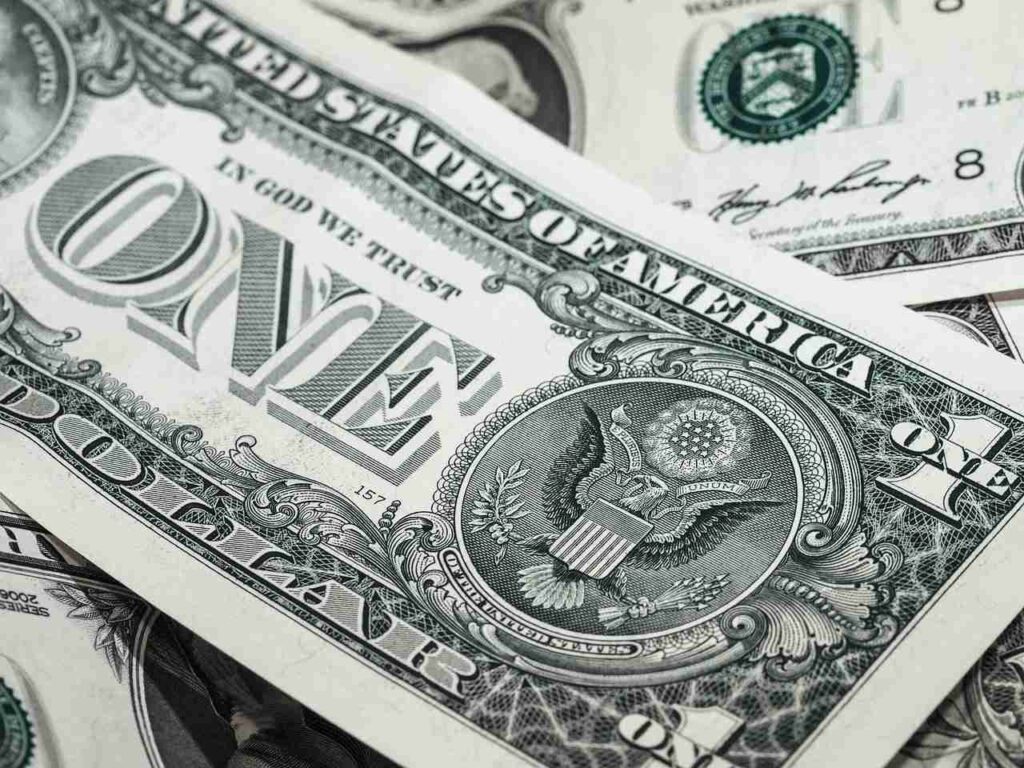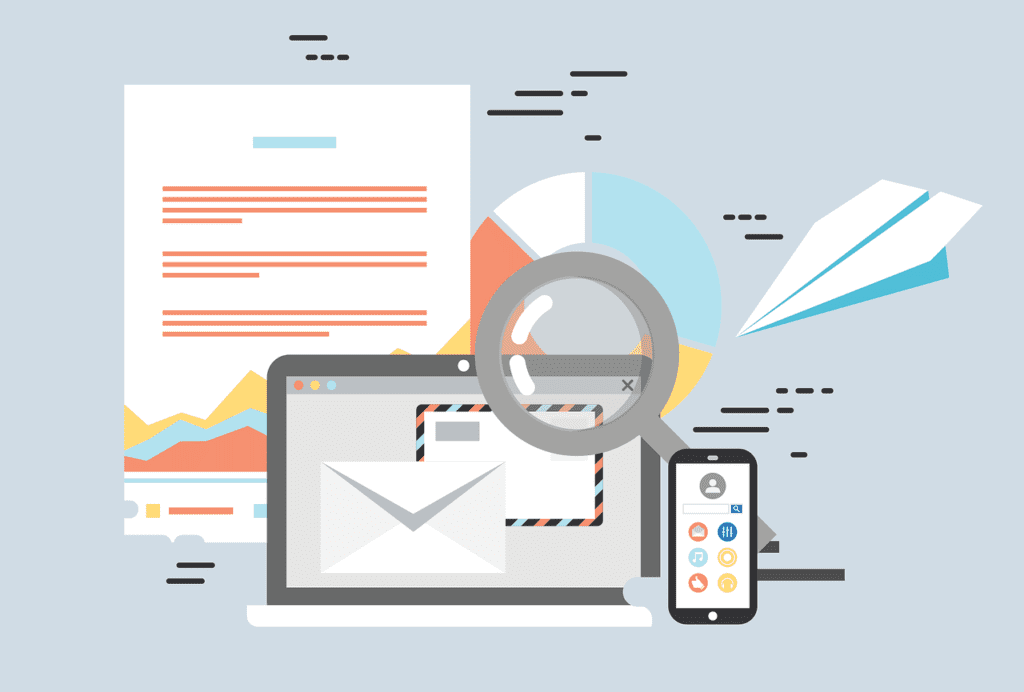Auto finance is financing a car, truck, motorcycle, or van for a period of several months to buy a car. It’s a good way to test Drive-thru Car Insurance before you commit to a longer-term plan.
It’s also a great way to save money when you’re looking to buy a used car. Here are some helpful tips on how to get the most out of your auto finance.
Know The Different Types Of Auto Financing
There are a few things to keep in mind when you’re looking at auto financing. The most important thing to remember is that even though banks offer you the lowest rates of all, they also have the least flexible terms.
If you have to cancel the loan or pay a penalty for missing a payment, it’s likely that the bank will charge you much more than they would if you could just walk away from the loan.
This is because banks make money on the savings account interest they earn on loans, while car dealers make money on the interest you pay. Another thing to keep in mind is that auto financing is different from a house or even car insurance.
Home and car insurance have strict “open season” periods where you can go to the garage and start looking for coverage. With auto financing, you usually have to take the car to a car repair shop for a tune-up and a new oil change every time you drive it.
This is so because auto mechanics don’t usually work on cars that don’t belong to them. This may not seem like a big deal, but it can be if you have to take your car to the garage every time you want to drive it.
Get Preapproved For Auto Finance
When you’re looking at auto financing, you should get preapproved for financing. This is when a lender sends you the paperwork so you can see how much you qualify for and allow them to check if you might be a good risk.
Getting preapproved won’t just give you a leg up when it comes time to find a car loan. It will also let you know the minimum loan amount that the bank will give you when you make the initial loan. This minimum loan amount will also let you know how much you can borrow at a time.
Make Sure You’re Getting A Good Rate
When you’re financing a new car, you’ll typically use a loan rate that’s preset by the lender. Make sure you get a rate that’s as close to the lender’s recommended rate as possible.
If you get a lower rate, make sure you call the customer service department and explain the lower rate to get it changed. You can also file a claim with the lender if you get a lower rate than recommended.
When you’re financing a used car, you’ll set the rate yourself. Make sure you get a rate that’s as close to the used car’s market rate as possible.
If you get a lower rate, make sure you call the customer service department and explain the lower rate to get it changed. You can also file a claim with the lender if you get a lower rate than recommended.
Look Into Repossession Options
If you’re financing a new car, you may consider repossession. Repossession is when you borrow money from the lender to cover the difference between the car’s value and the price you paid for it.
It’s a bad idea to repossess a car when you’re trying to buy it at a discount. It’s better to buy the car at a loss and then try to repossess it at a later date when you’ve got more money to spend.
When repossessing a car, you’ll likely end up taking a much higher interest rate. When repossession isn’t an option when financing a new car, consider getting a professional repossession.
That way, you’re not taking on the risk of having the car repossessed. That way, you know exactly what you’re getting into. Most car repossession services are expensive, so that’s why it’s best to do it yourself.
Negotiate On Your Own Terms
When you’re shopping around for auto financing, you should try to negotiate on your own terms. This means you should be the one negotiating the terms with the other parties involved in the deal.
This includes the car dealer, the bank, and any other lender involved in the loan. The reason you should try to negotiate on your own terms is so you can get a better deal on auto financing.
When you get preapproved for a loan, the bank or lender will likely offer to lower the interest rate on the loan in exchange for you taking out the loan.
But when you negotiate on your own terms, the bank has no leverage to lower the interest rate on your loan and will likely just keep pushing you higher and higher interest rates.
Be Flexible And Agree On Your own Terms
When you’re buying a car, you’re not just unlocking a door and walking into a dealership. You’re also signing a contract. When you get preapproved for auto financing, you should make sure that you and the other parties involved in the deal are in agreement on the contract terms.
This includes the terms of the loan itself. Make sure you can give the lender your word that you will pay them back on time and in full. Another term you should be in agreement on is what your car financing rate is.
This is the fee you will pay to the financing company if you miss a payment, which could incur a higher interest rate on your loan.
Be Able To See The Value Of Your Car
When you’re shopping around for auto financing, you should take the car in to the dealership and look it over. This is so you can get an idea of how much the car is worth to see if you feel comfortable taking out a loan on it.
While getting a feel for how much the car is worth will help you decide if you want to take out the loan, it’s not the most important thing you should do.
What’s more important is to get an honest and accurate appraisal. This will let you know the real value of the car and give you a better sense of how much you should be paying for it.
Always Get A Car Finance Report
When you’re buying a new car, you’ll likely get a car finance report when you take the car out for the first time. The report will give you an idea of how much the car is worth and the interest rate that’s currently being charged.
You’ll want to make sure you know these numbers right away so you can make informed decisions. When you’re financing a used car, you should get a report within a few days of buying the car.
It will give you an idea of how much the used car is worth and the interest rate that’s currently being charged. You’ll want to make sure you know these numbers right away so you can make informed decisions.
Set Up A Warranty Plan
When you’re buying a new car, it’s probably best to set up a warranty plan. Most car manufacturers offer a warranty that covers the car’s mechanical parts for three years. And if the car is less than five years old, it comes with a tire warranty.
Make sure you have a backup plan in case the first one fails. If you have good insurance coverage and a good credit score, it’s better to have a backup car than to drive with no car insurance.
Make sure you have a plan in place in the event of an accident or damage caused by another driver. When you’re financing a new car, consider adding an insurance coverage plan to protect yourself in the event of an accident.
Save Up Your Breakdown Payments
When you’re financing a new car, make sure you know the expected MPG (mpg-rating) of the car you’re buying. That way, you can plan your monthly car payments around that number.
If you’re getting a new car, make sure you know the expected mileage too. That way, you know how long you have to pay off the car before you can drive it. And make sure you’re saving up those breakage payments.
If you have the money, go ahead and fix the car and get it registered. But if you don’t, save up your money until you can buy the car at a later date when you’ve got more cash. With a good credit score, you should have no problem getting a later-model car.
Get A Car Value Insurance Plan
If you’re financing a new car, you might consider getting a car value insurance plan. That way, if something unexpected happens to your car, you’ll still be able to drive it to work and back home.
And if something unexpected does happen to your car, you can get it covered by having the insurance company pay for your repairs. That way, you don’t have to pay for those repairs out of your own pocket.
And if you have good insurance coverage and a good credit score, it’s better to have a backup car than to drive with no car insurance. Make sure you have a plan in place in the event of an accident or damage caused by another driver.
Thoughts
At the end of the day, buying a car is a major financial decision. Ensuring you get the best possible rate and deal on your next car purchase can help you make this purchase easier.
Remember, auto finance is a short-term investment that will save you money in the long run. When you’re in the market for a new car or truck, it’s a good idea to get preapproved for auto financing.
This will let you know what the going rate will be and allow you to get a better understanding of the auto loan process. It will also let you know what types of financing are available.
And help you decide if a collective loan is right for you. Now that you’ve got some tips on how to get the most out of auto financing, you’re well on your way to saving money on your next car purchase.
















